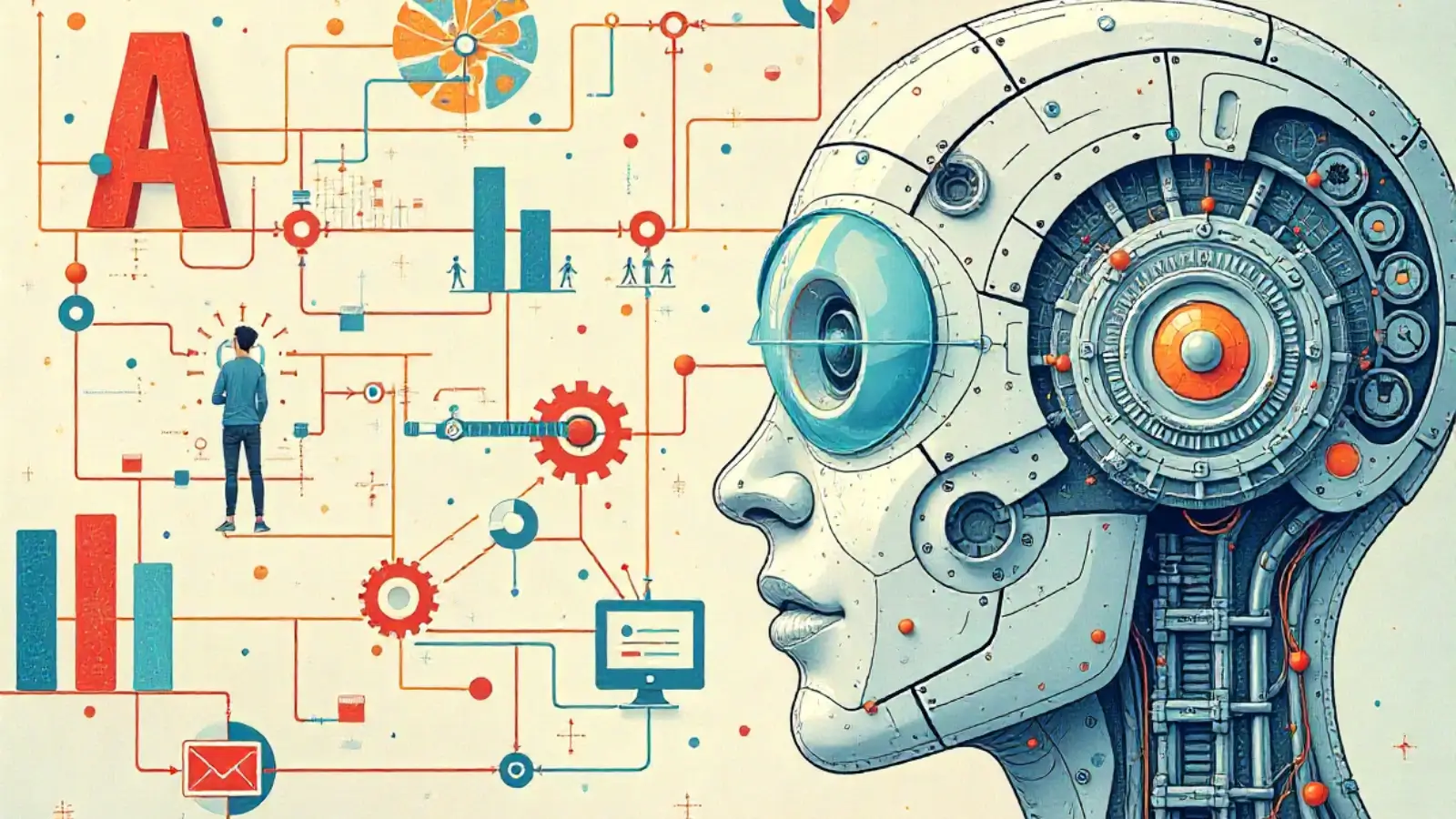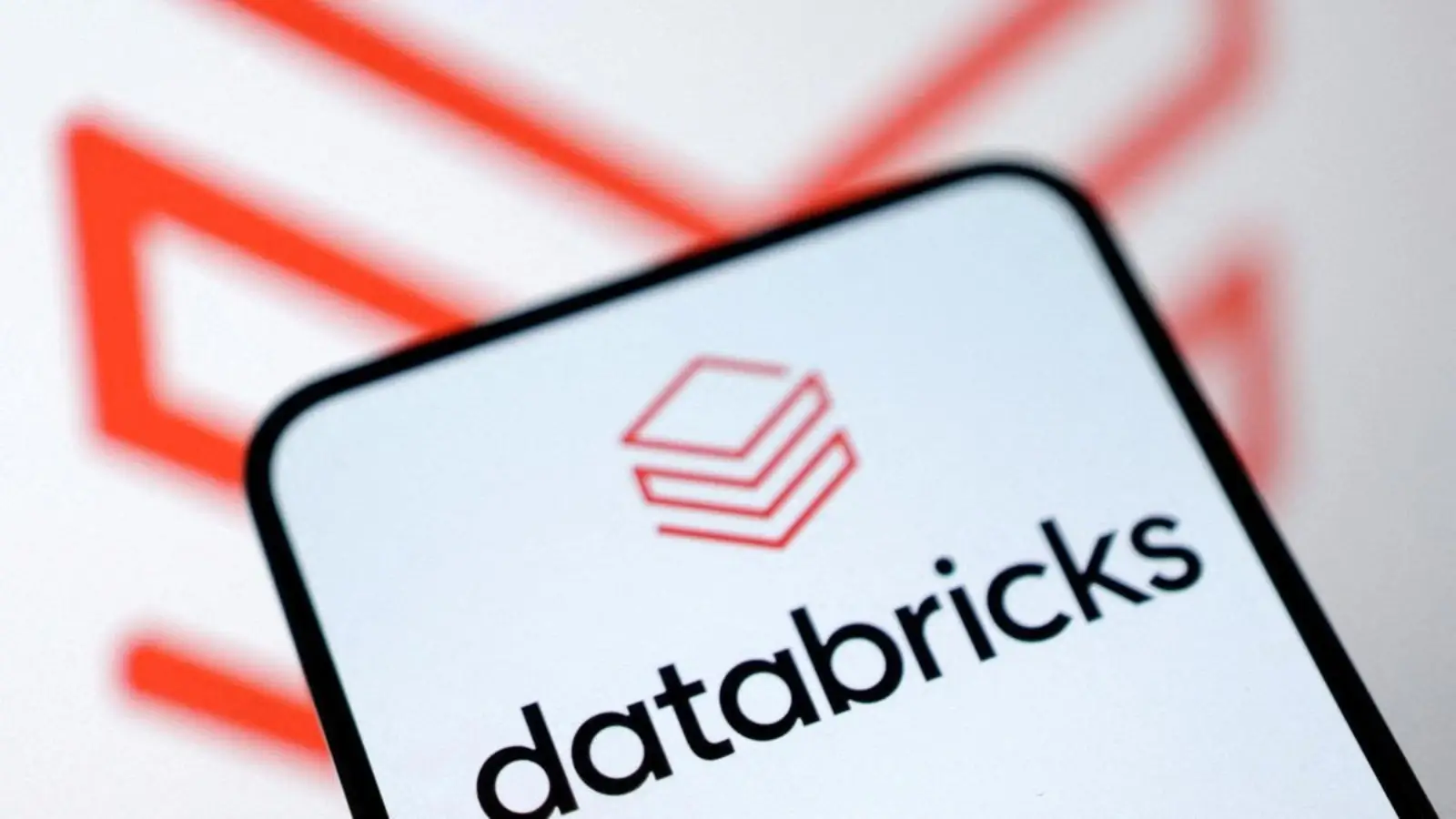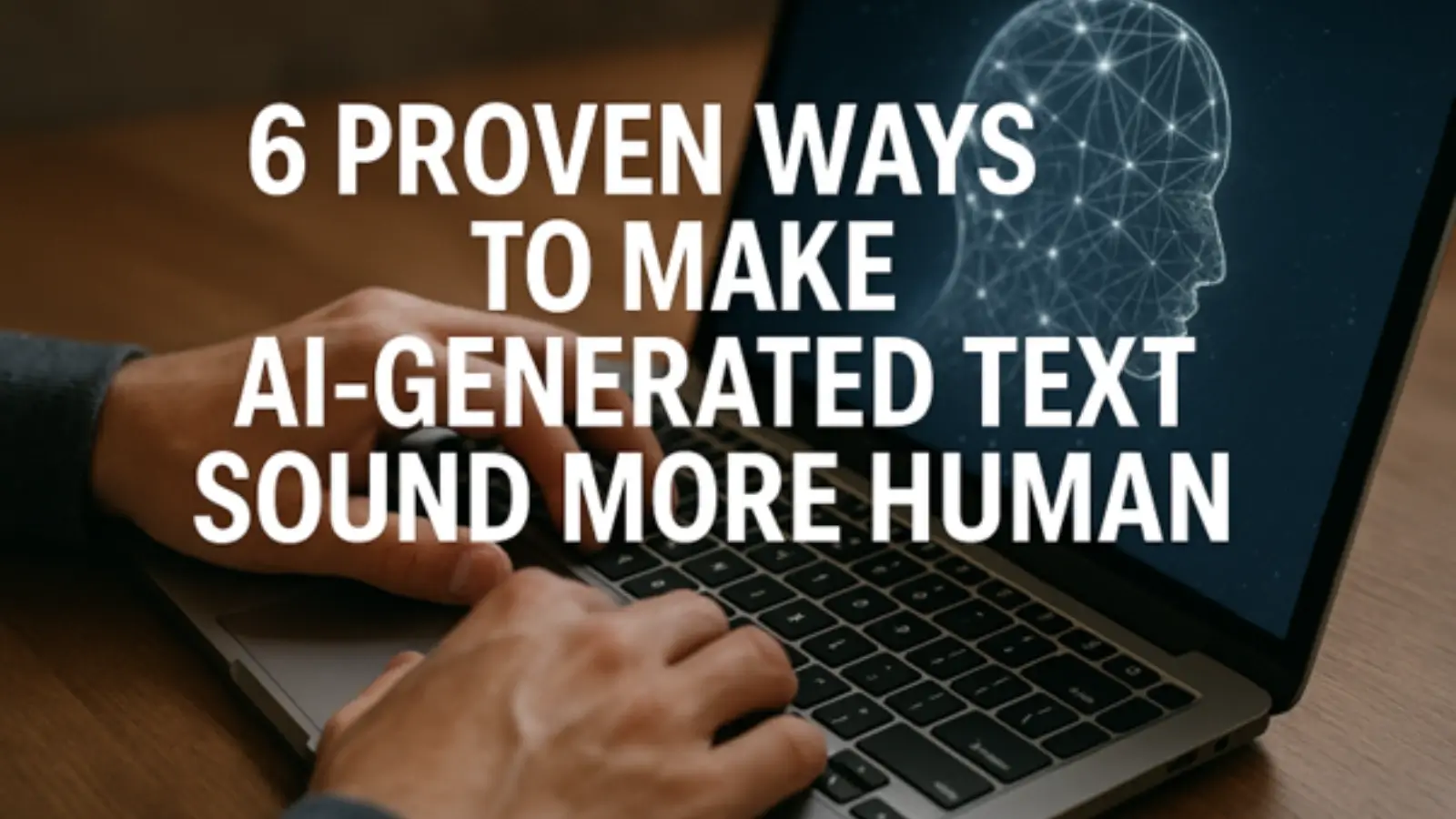Debt collection is not a matter taken lightly because millions fall victim every year. Methods of debt collection always raised eyebrows; however, recent developments have put a rather darker spin on matters since the entry of artificial intelligence.
While many processes may have been made better with AI, what this plays in debt collection is now ringing alarm bells. AI is now playing a bigger part in how debts are collected and may be a bigger problem than you can think of.
The Growing Role of AI in Debt Collection
AI has entered so many sectors nowadays, making all of them highly efficient and even quicker in carrying out tasks. In debt collection, AI traces overdue payments, sends reminders, and, in some places, even dials or sends texts to the debtors' phones.
In California, AI's role in debt collection has significant implications for consumers facing financial difficulties. The state's debt collection laws are designed to protect individuals, but AI's use in this area can complicate the process. For instance, if an AI system wrongly identifies a debt or misdirects collection efforts, consumers in California may find themselves dealing with unnecessary stress and legal consequences.
If a person is wrongly pursued for a debt, they must know how to respond to a civil lawsuit in California. It’s important to understand that California law provides consumers with specific protections against abusive debt collection practices, and knowing how to defend oneself can help avoid costly mistakes and protect one's rights in the face of AI-driven errors.
More Aggressive Tactics
It becomes more typical that debt collectors who use AI tend to do their job of collecting from the individual by automating calls, texts, and emails. However, this tends to become rather aggressive because frequency and tone control come from the algorithm, making sure it reaches a result at the emotional expense of that individual.
These AI-based systems can be merciless. Any automated messages will be sent at any time of day, disturbing those already distressed about facing financial issues. AI lacks any humanly-grained understanding of humans and can make simple situations turn out rather too nasty, which may have been easily solved by human touch.
This pressure on the consumer may force people to settle for something they cannot pay for. In this case, constant reminders from the automatic system make a person feel they have no other option but to pay even if it will leave them in debt to themselves.
AI Mistakes That Will Harm Your Credit
Another very concerning problem of AI in debt collection processes is that AI makes mistakes. This happens when bad information is given to the AI, making it mistakenly go after the wrong person or the wrong debt. Humans will always verify their data much more rigorously than machines do, and so this normally leads to mistakes like going after a debt that's long paid.
Wrongful pursuit of debt can be serious. For instance, a person might lose his credit rating when an AI system wrongly identifies him as someone who owes a debt. Having a poor credit rating might bar people from issuing loans, leasing a home, or even obtaining employment.
This can be a very overwhelming situation because when you are being pursued wrongfully for debt, you hardly know how to respond to that. If this AI system continues with its aggressive approach, things may get quite challenging. It's also often a case of not knowing rights that makes individuals vulnerable to these errors.
If you are served one, then you should know how do you response to a summons. A debt collector could serve you a legal summons, and this saves your rights from jeopardizing. Most people lack knowledge on how they can dispute debts or challenge AI-driven errors, which makes the situation even more stressful.
AI in Debt Collection Could Lead to Legal Troubles
Besides the financial stress, legal issues might be associated with AI and debt collection. For example, the debt collector will have to follow several laws and regulations to protect the consumer. Such a law is the Fair Debt Collection Practices Act which controls debt collectors.
It would also be a court matter if AI contacts the wrong person or violates their rights. Many harassment victims by debt collectors may not know that they can seek legal action. Consumers have to be educated about the right to consumers so that action is taken to the courts, for instance, when consumers are contacted wrongly.
For instance, if you receive a computer-generated or automated call regarding a debt with which you had no connection: you have every right to question the debt. It is important to learn the way of replying and how to respond to a summons in writing or defending a debt as it can better assist you in avoiding such mistakes in the future.
The Psychological and Emotional Strain of Debt Collection by AI
Debt collection is stressful enough for most people, but a system powered by AI makes it an even scarier affair. It is, after all, devoid of empathy and emotion, just a number on the list of capacity to empathize the way a human debt collector might.
It can be extremely mentally and emotionally draining to deal with AI-driven debt collection. People become helpless, frustrated, or anxious about their financial situation. For someone who already has all of this, it adds to their emotional burden and may even lead to health problems like anxiety or depression.
More so, the persistent reminders or harsh advertisements sometimes result in panic. Panic at that time results in not having control over coming out of financial liabilities, and at times even leads to physiological disorders.

Regulating AI in Debt Collection to Protect Consumer Rights
The challenge now is to prevent AI from becoming an even greater problem in debt collection. To begin with, more regulation needs to be placed on the use of AI in such contexts. The law must guarantee that AI will not violate any person's rights or cause damage when it goes wrong. This calls for more transparency in the functioning of the AI systems. If consumers know how the AI works and how to dispute errors, they can be better positioned to protect themselves.
Last but not least, the rights of consumers must be taught. It would help people's ability to fight back against errors and harassment by knowing how to react to debt collection notices, including how to answer a summons in writing. It must be remembered that people must know their strength to counter wrong actions, even those from AI.
Conclusion
Such efficiencies of AI for debt collection amount to being seriously threatening for a consumer by appearing aggressive, inaccurate identification of the debt, and emotional strain in the entire scenario. It comes out very icy and heartless as empathy gets completely left from the whole thing.
Stress gets doubled, hence the process can't become any more painful. Even small mistakes created by the system damage the credibility score as such claims make customers face courtrooms.
FAQs
Is AI in debt collection legally disputable?
A consumer can file a case for debt collection in case the AI's application leads to wrongful collection especially if it violates the law which demands strict adherence such as FDCPA.
What happens if I fail to respond to a summons by debt collection?
If you do not respond, you may risk getting a default judgment meaning your wages will get garnished or even more legal actions.
How to stop AI debt collection calls?
The law gives you the right to ask that a debt collector stop calling you or sue to bring a halt to harassment.

















